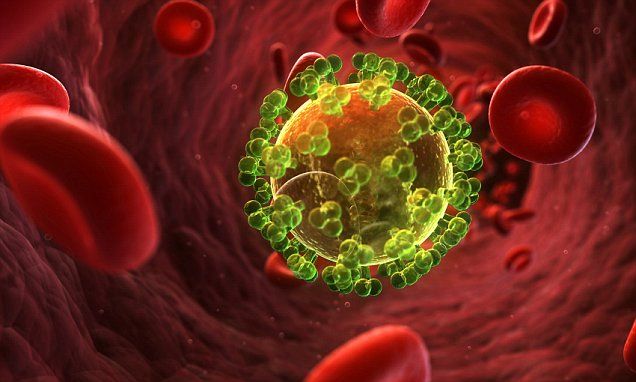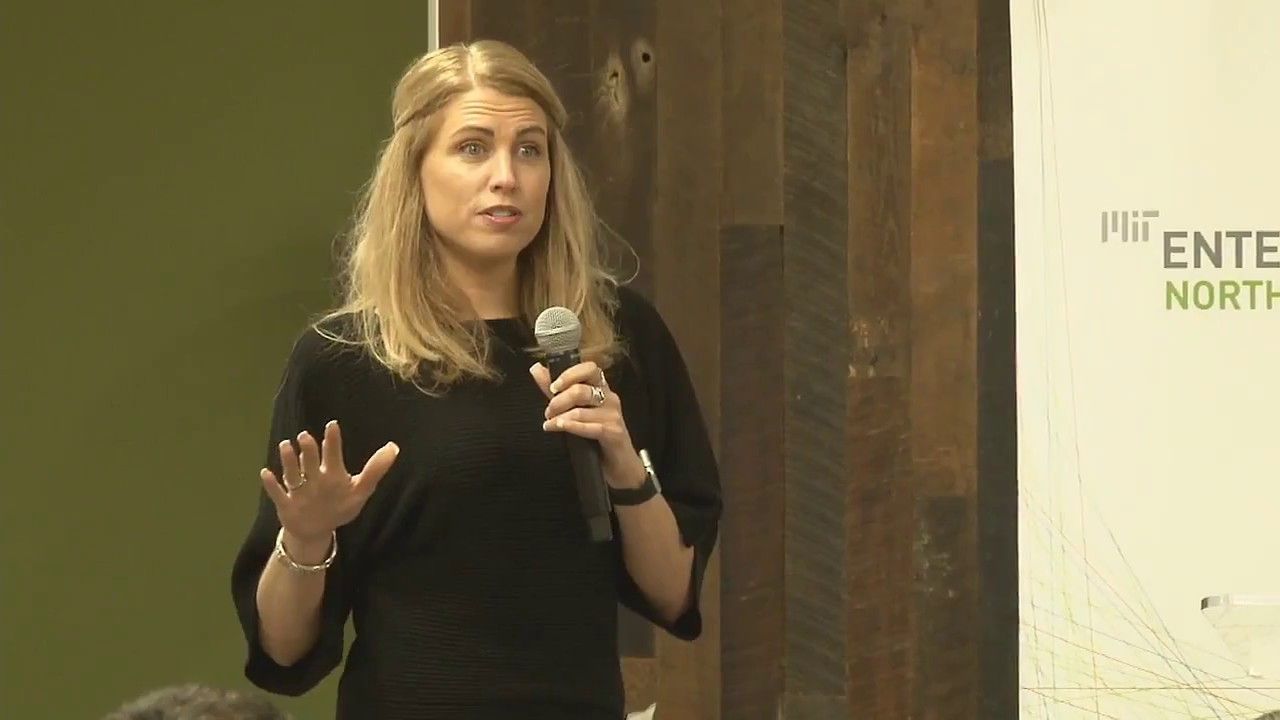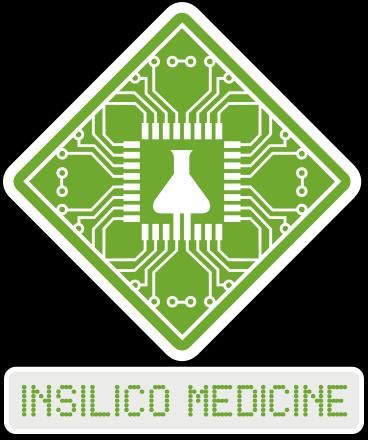Apr 12, 2017
Billionaire Jim Mellon invests in anti-ageing research firm
Posted by Steve Hill in categories: biotech/medical, information science, life extension
Billionaire investor Jim Mellon has joined the push to solve age-related diseases and bring rejuvenation biotechnology to the world.
Billionaire biotechnology investor Jim Mellon has unveiled an investment in an ambitious new venture which seeks to tackle ageing and age-related diseases.
Insilico Medicine is a big data analytics company which says its mission is to ‘extend healthy longevity’.
Continue reading “Billionaire Jim Mellon invests in anti-ageing research firm” »

















